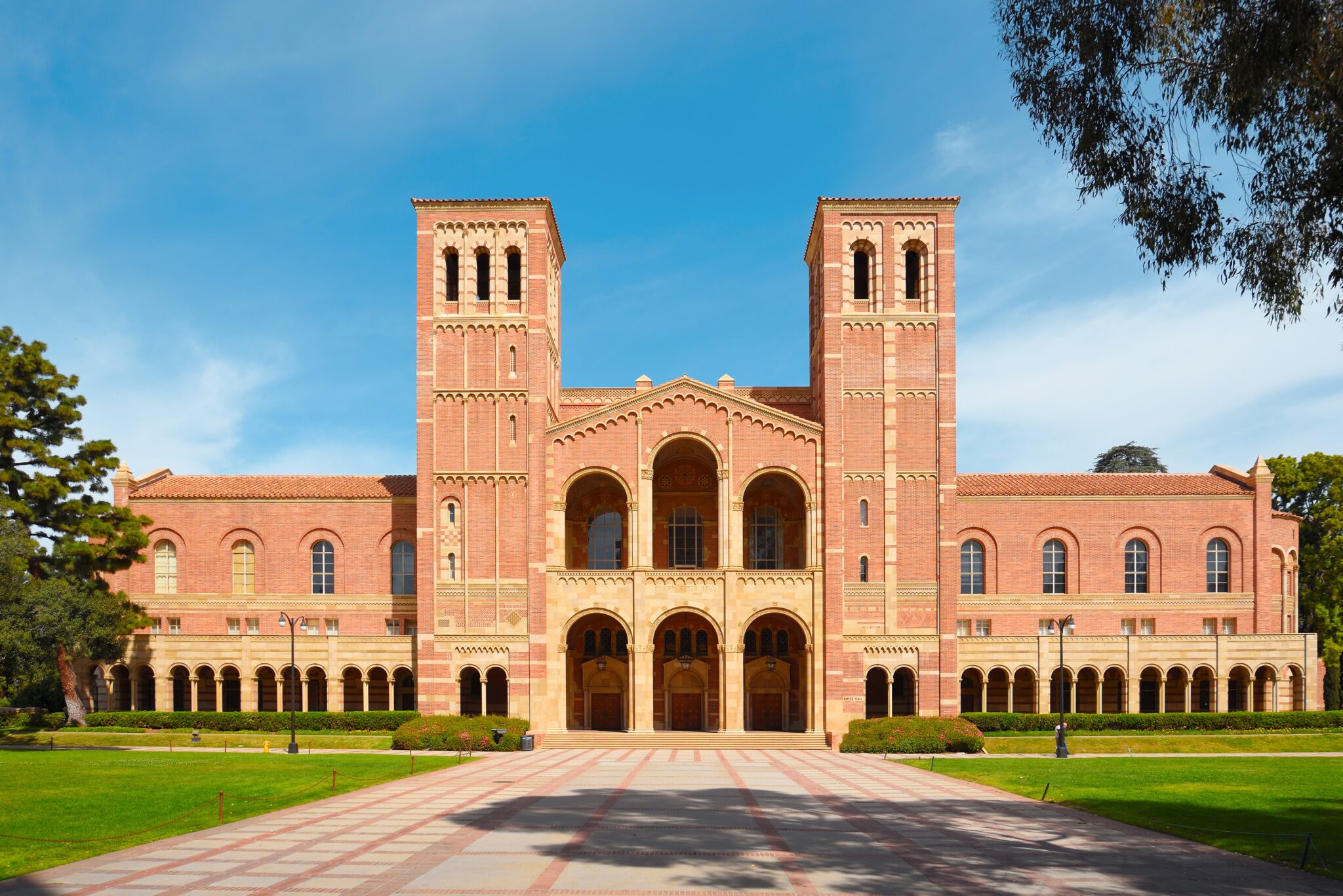UCLA Under Fire: Billions at Stake

Federal investigators say UCLA fostered a hostile environment for Jewish students, and now a reported $1 billion settlement push puts elite academia on notice.
Story Highlights
- The DOJ found UCLA violated civil rights amid encampments and harassment targeting Jewish and Israeli students.
- The Trump administration suspended major federal research grants, leveraging compliance and reforms.
- Reports say a settlement near $1 billion is being weighed, though final terms remain unconfirmed.
- UCLA warns of research impacts; DOJ signals readiness to sue if no agreement is reached.
What DOJ Found and Why It Matters
DOJ’s notice to UCLA alleged “deliberate indifference” to a hostile environment for Jewish and Israeli students after October 7, 2023, citing harassment, blocked access, and failures tied to spring 2024 encampments. The department set an Aug. 5 window for voluntary resolution and indicated it was prepared to file a federal complaint in September. These findings and deadlines frame the enforcement posture and explain why federal leverage escalated beyond campus policy debates into civil rights compliance.
UCLA’s federal research funding through agencies including NIH and NSF has been suspended, with campus leadership calling the freeze “deeply disappointing.” University statements argue defunding research does not remedy discrimination, but the pause underscores Washington’s most potent tool: funding leverage. Education-policy commentators point to similar agreements at other institutions where settlements led to sweeping policy changes, compliance monitoring, and transparency measures that extend beyond the immediate incident facts.
Watch: DOJ scrutinizes UCLA for alleged bias against Jewish, Israeli students
Settlement Talk: Scope, Status, and Uncertainties
Media reporting indicates the White House is exploring a settlement approaching $1 billion, potentially including compensation for affected community members and far-reaching reforms, but formal term sheets have not been published. Officials continue negotiations, and litigation remains possible if talks stall. Readers should treat dollar figures as provisional until DOJ or UCLA release confirmed documents, even as the funding suspension and DOJ’s timeline create concrete pressure for resolution.
The alleged violations center on Title VI, which prohibits discrimination based on race, color, or national origin in federally funded programs. DOJ also referenced equal protection concerns as it assessed UCLA’s response to antisemitic harassment. By pairing civil-rights enforcement with research funding leverage, Washington is signaling that universities must ensure safety and equal access while managing protests within legal bounds. Institutions that rely heavily on federal grants now face stronger incentives to overhaul policies quickly.
Impacts on Research, Students, and the Higher-Ed Sector
Short term, suspended awards disrupt labs, grant timelines, graduate stipends, and sub-awards linked to UCLA’s research ecosystem. UCLA warns of wider effects on health and national-security projects tied to NIH and NSF portfolios. Long term, a settlement or consent decree could mandate stricter protest management, rapid-response systems for harassment, compulsory Title VI training, and external oversight. Reputational risks, donor scrutiny, and tighter admissions or transparency requirements may follow, shaping decisions far beyond Los Angeles. Other universities are watching the precedent of combining civil-rights findings with funding freezes.
Sources:
UCLA Research Grants Suspended After Trump Administration Faulted Campus For Antisemitism
DOJ scrutinizes UCLA for alleged bias against Jewish, Israeli students
UCLA loses federal funding after DOJ says it violated civil rights in handling of antisemitism
